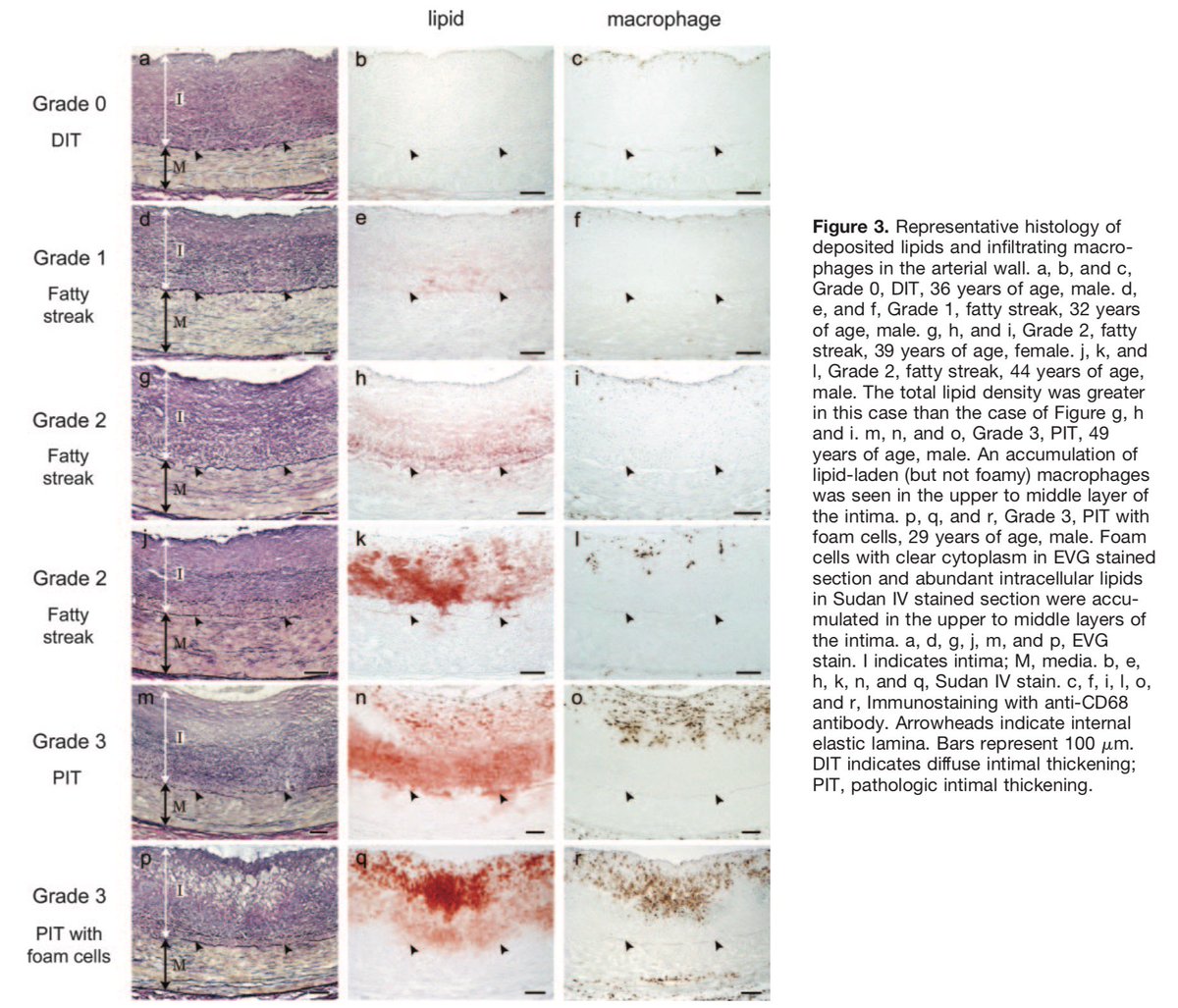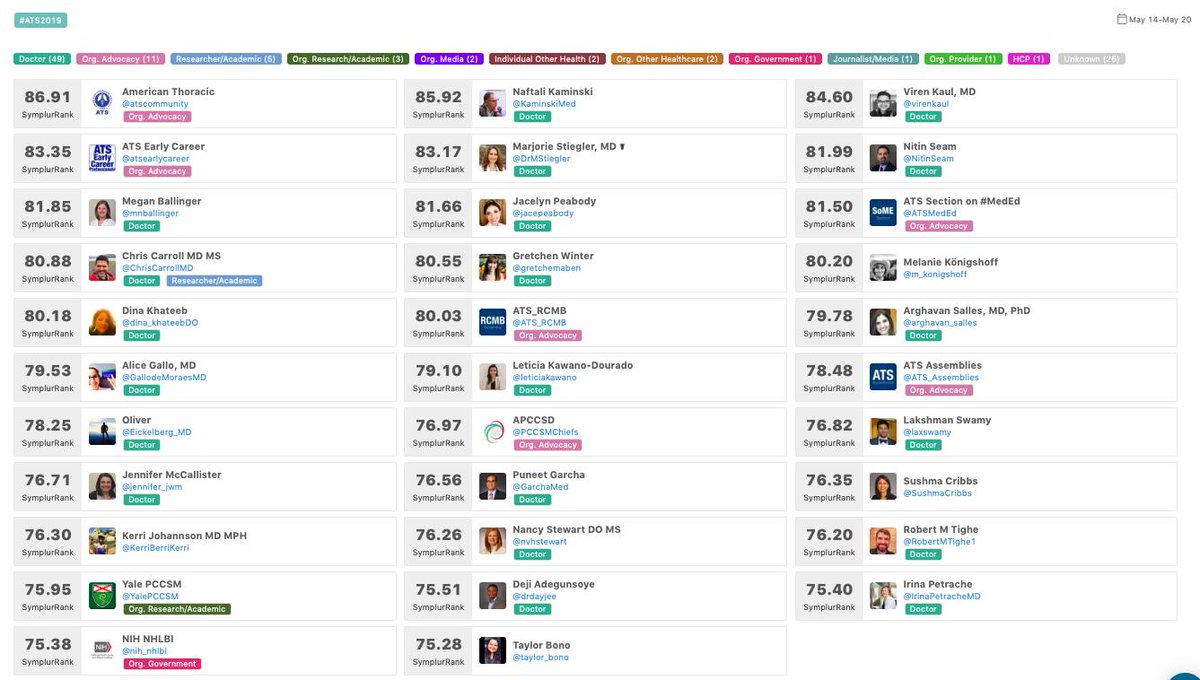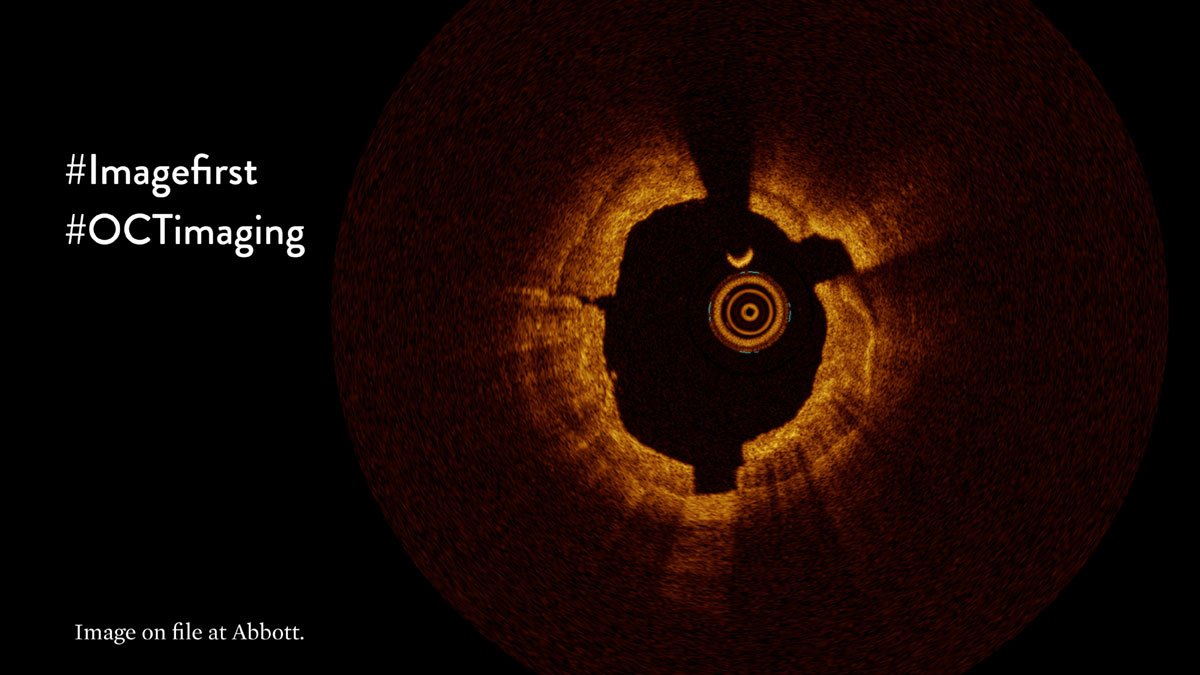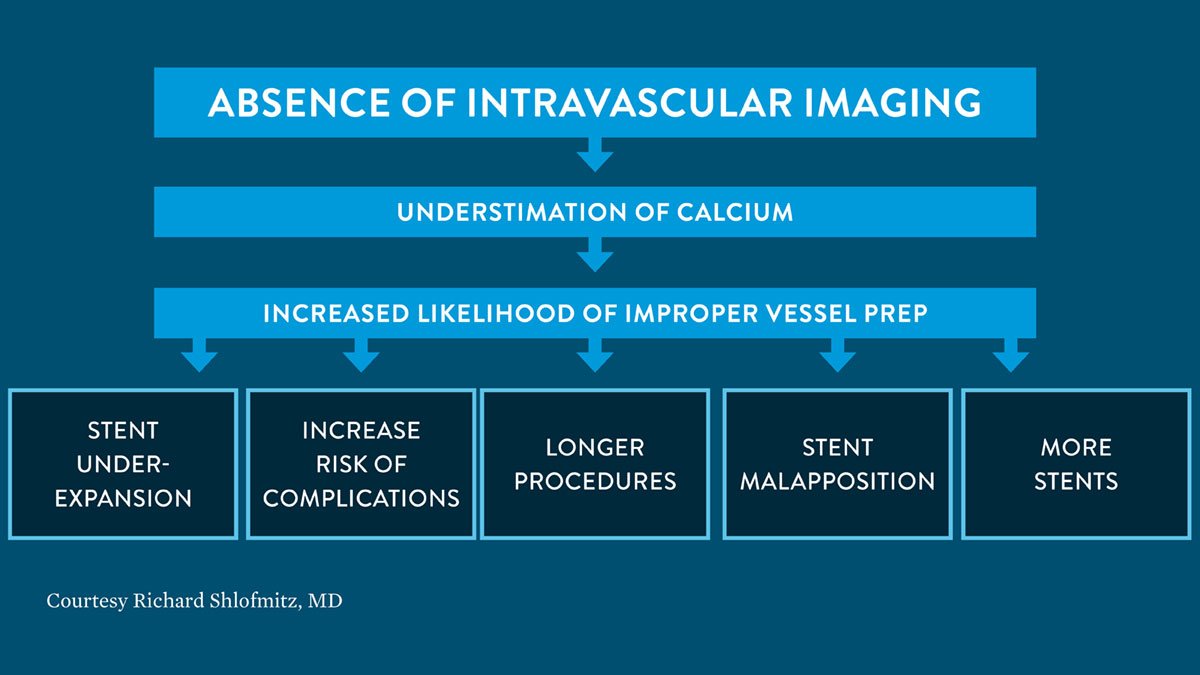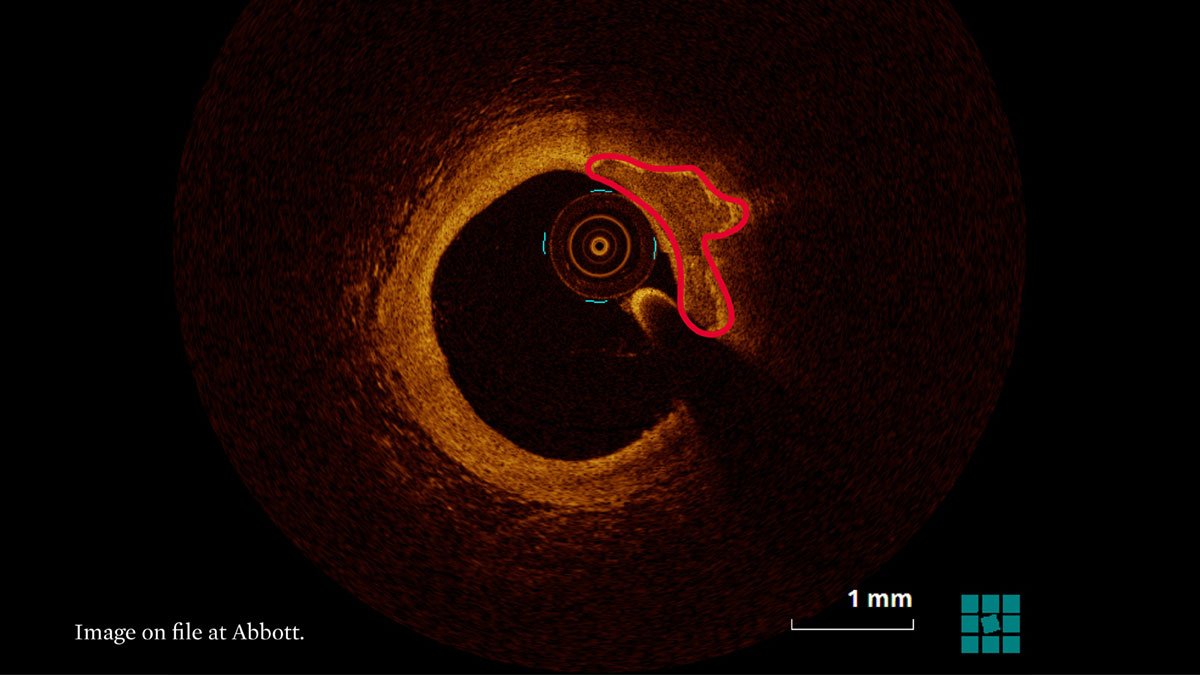Squeezed Lactate Tweetorial #FOAMPed
Yesterday I commented on an infographic about raised lactate saying an important cause was “squeezed sample”
Astutely, @ianlewins asked for the evidence
I've fallen deep into test-preanalytic literature and it's been a rollercoaster...
Can a squeezed sample cause a raised lactate?
Why does squeezing matter? Normally because squeezing causes *Haemolysis*, which as the name suggests is destruction of red cells.
If we’re not measuring RBCs why do we care if they burst? 3 reasons...
blog.fisherbioservices.com/avoiding-hemol…

1-RBCs contains lots of stuff. Some is WAY more concentrated in RBCs than plasma. If you burst RBCs they spill this stuff into plasma and raise the level.
This is true of:
K+, LDH, AST
To a lesser extent, CK, Mg2+, PO4- and maybe Ca2+
degruyter.com/view/j/cclm.20…
2-All the extra stuff can substantially dilute some other things, lowering the result, like:
Glucose, Na+, Albumin, ALP, bilirubin, Cl- and GGT
mlo-online.com/home/article/1…
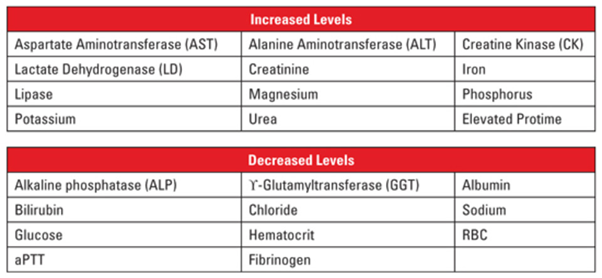
3-The extra stuff interferes with anaylsis, by interacting with reagents in the specimen tube or disrupting the spectroscopy/photometry detection methods.
This particularly affects:
CK, bilirubin, iron, lipase, and GGT
It’s worth noting most lab results are not affected by haemolysis, unless it’s to the degree that it totally ruins your sample.
So unless you put the blood in a blender, the lab should be able to give you that heel prick CRP you ordered.
What about lactate?
After all that, haemolysis does not affect serum lactate concentrations.
Demonstrated by @Damian_Roland & @sintydavid
emj.bmj.com/content/33/12/…
And this lovely experiment on pigs.
ncbi.nlm.nih.gov/pubmed/23365396
BUT the story does not end here…
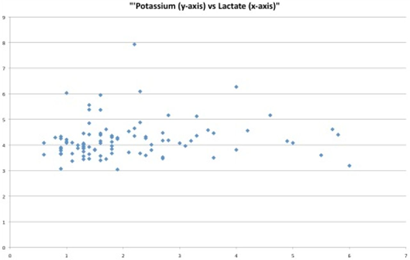
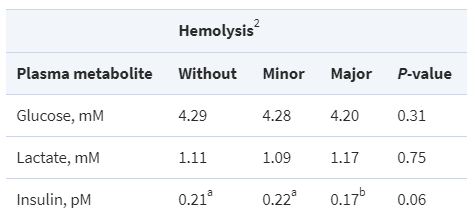
Squeezing doesn't only cause haemolysis
It causes venous stasis which raises lactate if prolonged
ncbi.nlm.nih.gov/pubmed/14594326
In adults there's minimal effect up to 5 mins with tourniquet
ncbi.nlm.nih.gov/pubmed/17513689
But we definitely squeeze kids tighter than a tourniquet…
Theoretically, if we squeezed hard enough it can impair perfusion, which DOES raise lactate
ncbi.nlm.nih.gov/pubmed/10873728
It is therefore possible to increase lactate by squeezing the child too hard, or too long.
But that’s not all…
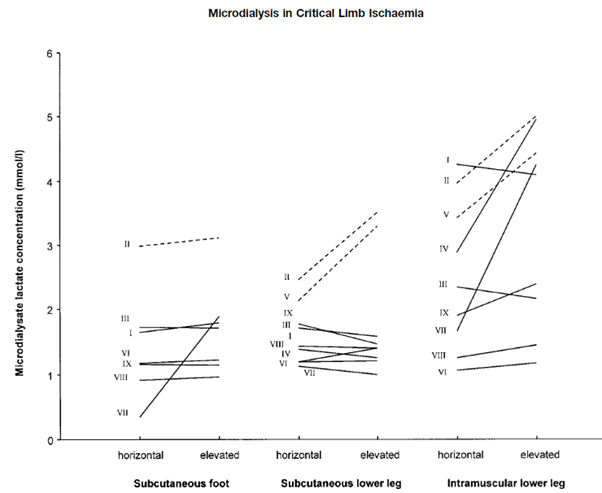
Why might we squeeze very hard, or what might happen if we squeeze hard?
The child is upset, or resisting (“exercising”).
This has a DRAMATIC effect on the result of blood lactate, and takes ~45 mins to resolve.
ncbi.nlm.nih.gov/pubmed/921209
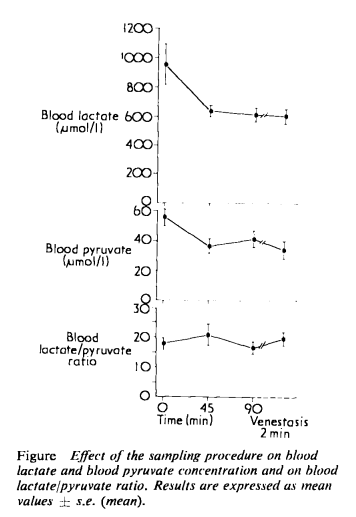
Summary:
Haemolysis increases K+, AST and LDH, decreases Na+ and Glu, but doesn’t affect lactate
Lactate may increase with severe/prolonged tourniquet
Lactate increases by delaying specimen testing
Lactate increases when the child is distressed and exerting
END



